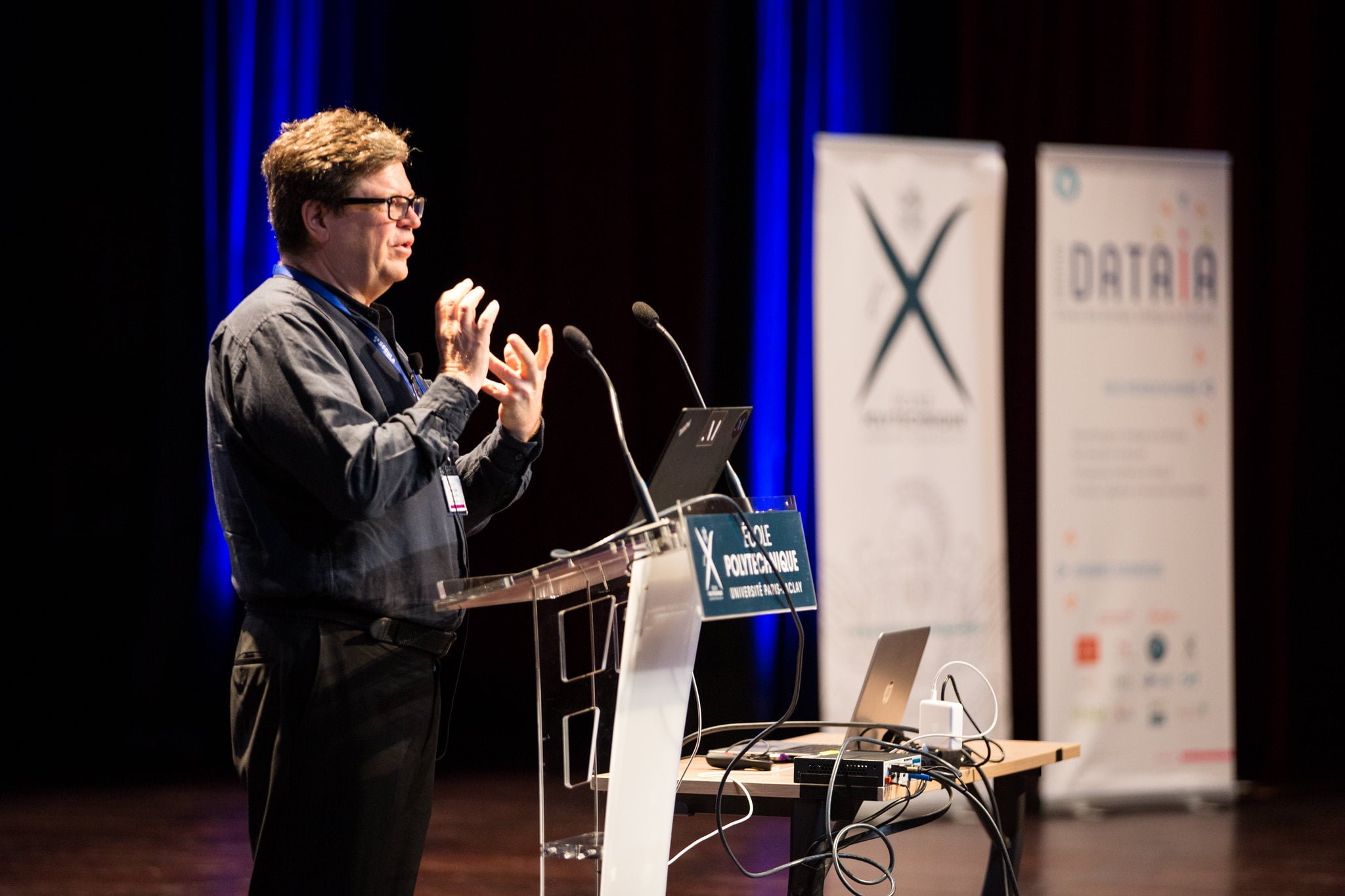Why Europe doesn't have a trillion-dollar company, according to Meta's head of AI

Why hasn't Europe produced a trillion-dollar technology company yet? There are several reasons, according to observers like Meta's AI chief Yann LeCun.
According to an analysis by Ian Hogarth in the Financial Times, Europe has a fundamental problem: While the US boasts seven tech companies with a trillion-dollar market value, Europe has none.
The picture is similar at a tenth of that amount: The US has 33 tech companies worth more than $100 billion, while Europe has only four such companies.
Europe's missed opportunity is particularly evident in the example of DeepMind. The AI company, founded in London in 2010, was sold to Google for around 440 million euros - today it is one of the world's leading AI developers.
The role of industrial research
Meta's head of research, Yann LeCun, points to an important factor in response to the FT article: Almost all fundamental AI innovations of the past twelve years came not from startups, but from well-funded research labs of large technology companies like Google, Meta, and Microsoft.
In LeCun's opinion, DeepMind would never have survived without being acquired by Google. The original business model as an independent company was not viable - both because of the high costs of long-term research and overly optimistic timelines for developing Artificial General Intelligence (AGI).
While Europe still had significant research labs at companies like Siemens, France Telecom, or Alcatel in the 1980s, European companies have failed to make research careers as attractive as US technology giants, according to LeCun.
The Meta research chief sees the existence of ambitious industrial research as an important catalyst for the entire startup ecosystem. As an example, he cites the founding of the Meta AI Research Lab (FAIR) in Paris in 2015: This has almost single-handedly revived the AI startup ecosystem in Paris, which is now the most dynamic in Europe.
This is where Mistral is based, which develops promising open-source language models. After a funding round in June, Mistral is valued at around six billion dollars.
Lack of experienced founders and bold investors
According to Hogarth's analysis, a main reason for Europe's lag lies in the lack of support for experienced founders. While over 60 percent of partners in top venture capital funds in Silicon Valley were founders themselves, in Europe it's only 8 percent.
This has a direct impact on risk appetite: DeepMind founder Demis Hassabis - who had already founded a games studio before DeepMind - had to go to Silicon Valley for his first round of funding, where he received support from experienced founders like Peter Thiel and Elon Musk.
However, Hogarth also cites positive examples: Dutch company ASML, now worth $275 billion, has been consistently working on its mission since 1984. Swedish Spotify founder Daniel Ek turned down a multi-billion dollar takeover offer from Google; today, Spotify is worth $95 billion.
The key to success, according to Hogarth, is that Europe must stop selling its most valuable companies to US corporations. Instead, it needs more experienced founders who finance risky but important technologies, and the determination to build companies for the long term in Europe.
AI News Without the Hype – Curated by Humans
As a THE DECODER subscriber, you get ad-free reading, our weekly AI newsletter, the exclusive "AI Radar" Frontier Report 6× per year, access to comments, and our complete archive.
Subscribe nowAI news without the hype
Curated by humans.
- Over 20 percent launch discount.
- Read without distractions – no Google ads.
- Access to comments and community discussions.
- Weekly AI newsletter.
- 6 times a year: “AI Radar” – deep dives on key AI topics.
- Up to 25 % off on KI Pro online events.
- Access to our full ten-year archive.
- Get the latest AI news from The Decoder.